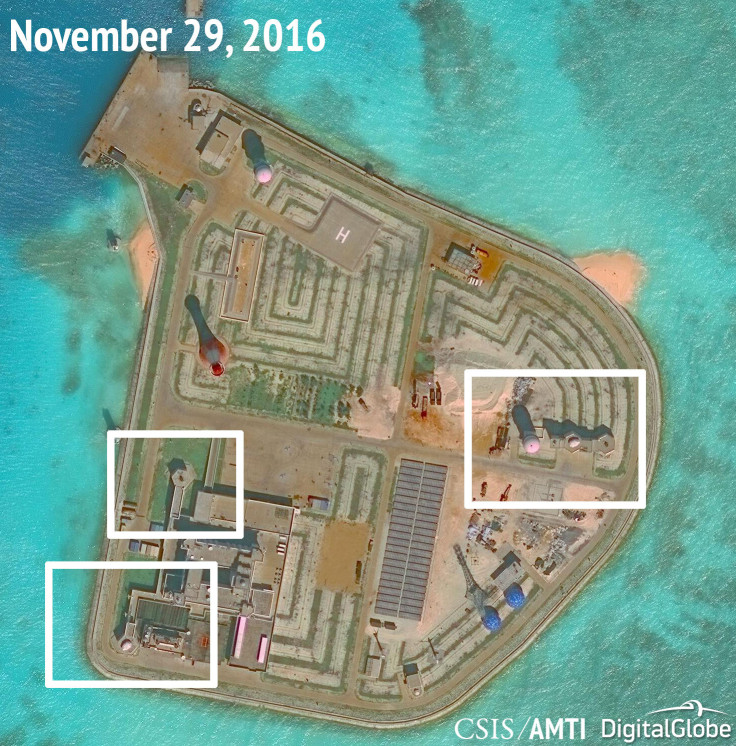Australia may get caught in the crossfire if China and US go to war over South China Sea, experts warn
While Australia is not a claimant in the dispute, it has been not been on the same page with China on the issue.
Experts in Australia have warned that the country might be in the firing line if the US and China decides to go to war over the ongoing territorial dispute in the South China Sea. The heavily contested waters are about 5,000km from Australia, leaving the country exposed should a major conflict erupt.
While Australia is not a claimant in the territorial dispute, it has been not been on the same page with China on this issue. It is thought to be mainly because of Canberra's closeness with Washington and its support to the US freedom of navigation exercises in the contested waters.
According to James Brown from the US Studies Centre at Sydney University, Australia might get caught in the crossfire as it would be in a fix to choose between its long-standing alliance with the US and its economic partner, China.
"We would need to make some hard decision on how and where we would contribute support to the US in that kind of conflict and we'd also need to think through seriously the impact on our economy," Brown added.
Another expert Peter Jennings of the Australian Strategic Policy Institute said: "The South China Sea is definitely a flashpoint because it is the area where we might find US aircraft and warships actually clashing with Chinese aircraft and warships and the possibility of an unintended shoot down of an aircraft or sinking of a ship I think is quite high."
If the conflict escalates between the super powers, the US is expected to be quick to call on its allies in Asia-Pacific region for support, leaving Australia and Japan in a fix.
"Frankly the situation could spin out of control very quickly ... at that stage I would expect that Washington would be talking very directly with Canberra and Tokyo to say, 'Where will you guys be when it comes to a conflict situation in the South China Sea?'" Australian Broadcasting Corporation quoted Jennings as saying.

It is feared that Washington and Beijing may confront each other in the waters once incoming President Donald Trump takes charge of the White House officially on 20 January. The issue has been a hot topic for China and concerns over regional stability has risen since Trump's nominee for Secretary of State, Rex Tillerson, threatened to block Beijing access from entering the South China Sea. He also warned the communist country against military expansion on its man-made islands.
But any such actions by the US to contain China might only force the country to retaliate, so much that it cannot retreat, Sow Keat Tok, a China expert from Melbourne University said.
"When its legitimacy, the regime's legitimacy is undermined, everything is up in the air. When it's pushed to the corner you expect the Chinese regime to punch back at some point," he said.
"China is unlikely to back down. In fact, you're going to see China try and raise the stakes," he warned.

Brown, a former Army officer who led troops into combat in Iraq, warned of "catastrophic" result should the two biggest economies clash over territories. He said both the sides have been engaging in close confrontations all the time, every day, with Chinese ships shadowing the US navy every time the latter conducts a freedom of navigation.
"In the air the Chinese and US planes have passed within tens of metres of each other. There are protocols that govern those operations but there are pilots and ship captains who are known to be rogue operators," Brown said.
But both Brown and Jennings have both put the risk of conflict between the US and China on the lower end of the scale.
© Copyright IBTimes 2025. All rights reserved.





















